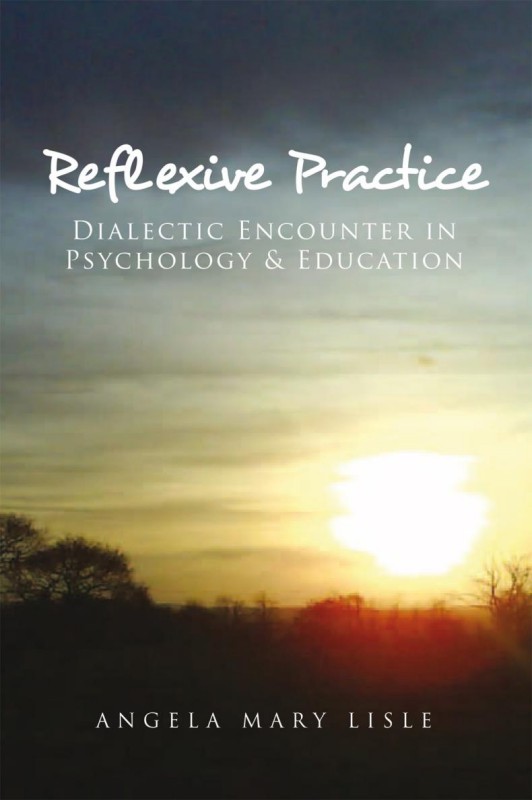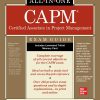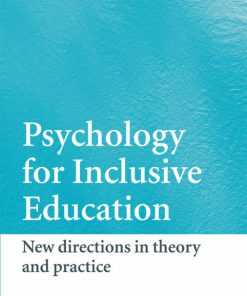Reflexive Practice Dialectic Encounter in Psychology and Education 1st Edition by Angela Mary Lisle ISBN 1450091970 9781450091978
Original price was: $50.00.$25.00Current price is: $25.00.
Authors:Angela Mary Lisle , Series:Psychology [26] , Tags:Education; General , Author sort:Lisle, Angela Mary , Ids:9781450091992 , Languages:Languages:eng , Published:Published:Jul 2010 , Publisher:Xlibris Corporation , Comments:Comments:At the heart of this book is the notion of reflexive practice as a meta-cognitive self-reflexive learning style for personal and professional development. Reflexive practice is covered in a multidimensional way. It is examined as part of the personal development of a student, as personal development of the educator and as a thinking style of the individual in the agency-structure dialectic of the global post-modern human condition, and the place of early childhood education, if not education per sae within that international contextual framework. In addition, reflexive practice is examined as a phenomenon in itself, as a behaviour emergent of biology; Piagetian genetic epistemology within the psychophysical-social context of the Marxian-Vygotskian historical materialist dialectic. It takes an interactionist stance, that is, the view that ontogenetic development is an outcome of nature and nurture. Thus its discourse is mainly psychological with input from other disciplines where there is overlap of concepts or concerns with theoretical insights. Its historical roots start from the enlightenment philosophy through to postmodern philosophy culminating into psychophysics. The philosophy of methodology for example of reflexive practice is examined from the critical theory of Marx and the use of dialectics manifest within post-modernity as the reflexive turn. Both Schns notion of reflexive practice as a critical conversation with the situation used in education and by psychologists within social work and counselling are examined. The neuropsychology of reflexive practice is also examined, and theorised as the psychophysics of brain-mind. The psychophysics of brain-mind is in addition examined in the way it connects to learning style discourses such as the visual, auditory and kinaesthetic modalities the brain exuberates. These learning styles coalesce within the active learning approach, the Marxian-Vygotskian method of learning. A secondary thread that runs through the chapters is the notion of dialectic. The individual identity is woven with the richness senses bring; and values that emotions weave, with the evolving world, as the agency-structure dialectic of development continues its journey. Thus, reflexive practice as a cycle of learning that converts into development and that is the basis for the development of identity: the ontogenetic development of the individual is examined on several plains. For example, what is the childs site of negotiation within the everyday postmodern world; or the students site of negotiation within this rich construal of discourses and how are the professional and personal juxtaposed; compromised and/or resolved? Reflexive practice as a critique of practice and search for truths within ones social context is catalyst for agency and truth of ones real place within the human condition to bring about emancipation. Identity formation as a social psychological phenomenon is political as well as cultural, and geographically located. In terms of polity, does parliament stand as guardian to practices within education and social welfare, or, is it but one influence inside the elaborate arena of negotiation? In the present economic climate as western societies embrace their margins; the bounded nations and othernesss; twinned sites of local, and local with global changes, of emergencies, bubble up in a glowing spectra; the UK is but one physicality of many as all that is solid melts into air (Marx, Economic, 1890). The final encounter may well be one of total eclipse or a unified glorification as global capitalism struggles for its feet, hovering beneath its own carriage on a blanket of air without the support of the industrial base. Money – paper alone – will not support the march of capitalist accumulation. As inflation rises and gross national product falls, mindful of the fact that debit accounts are debt in the guise of growth without anything but words on paper to support them












